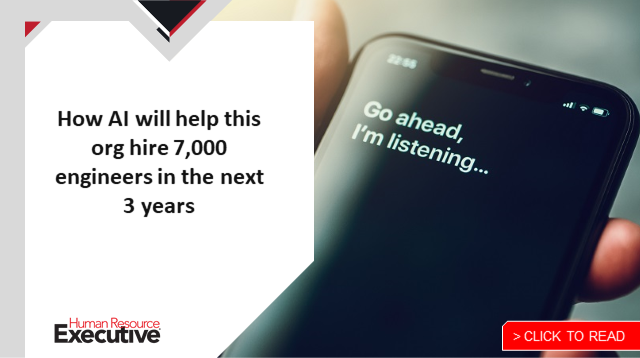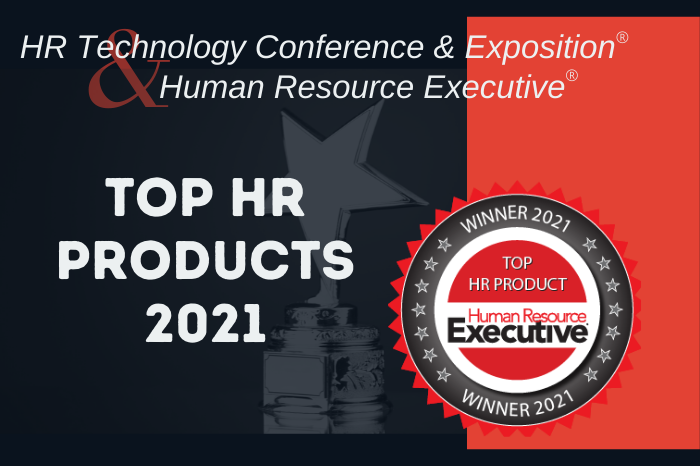Just prior to the pandemic, the terms “reskilling” and “upskilling” dominated conversations about the workplace. The context for these was usually the larger topic of preparing organizations and their people for how work would be changed—mostly from the application of powerful, innovative technologies like artificial intelligence and robotics. The concerns of many employees were that their roles would be impacted or even replaced by “technology” in some form. And for employers, they were wrestling with how to transition to an environment with more technology and fewer employees.
While those concerns remain, and are valid, the pandemic and the aftermath have also made HR and talent leaders consider another aspect of the “skills” discussion—namely, centering talent acquisition and talent management processes around skills. This has been driven, for many organizations, by a prolonged and difficult labor market, where needed talent has been hard to find.
Shifting to a skills-based approach to talent acquisition and talent management requires thinking less about resumes and job descriptions, and more about identifying and mapping the skills that employees possess (or can develop) to the skills required for the organization to meet its business objectives. Rather than relying primarily on traditional elements of a person’s professional and educational profile, like schools attended or prior roles held, a skills-based approach seeks to identify a person’s skills that they have demonstrated, ones they may possess that often are not specifically indicated in their profile and the skills that they are likely to be able to acquire over time. The accumulation of employees’ current and potential skills are then compared to current and future organizational needs and business strategies. This shift necessitates thinking more expansively about candidates and employees and their potential to adapt, improve and develop new skills.
If this sounds like a large, complex undertaking for the organization, it is. But a slew of new HR technologies have emerged over the past few years that are designed to assist organizations in the identification of employee skills (both explicit and implicit), help individual employees understand how and what skills they should consider developing to meet their career goals and to aid HR and workforce-planning efforts to ensure the organization has the skills and capabilities to meet its goals. These new technologies often apply the above-mentioned AI and machine-learning techniques to reveal insights about employee skills as well as opportunities for the organization to source skills and talent using new approaches and from new places.
The result of shifting the talent management approach to a skills-based one will be increased employee opportunities, improved diversity and inclusion outcomes and enhanced ability for the organization to adapt to changing market conditions and talent requirements. It is an important and complex topic, and one that has re-emerged as a priority item as organizations slowly but surely adapt to business after the pandemic.
Fortunately, at the HR Technology Conference next month, you will be able to learn much more about this topic in numerous agenda sessions, see the new and innovative technologies that have been delivered to aid in these efforts in the expo and hear from organizational leaders throughout the event who have embraced a skills-based approach. For many, skills are the currency of the future workplace, and the time to change your thinking about talent management and talent acquisition is today. We hope to see you at HR Tech to begin (or continue) that conversation.
Click here to register for HR Tech, Sept. 13-16 in Las Vegas.



